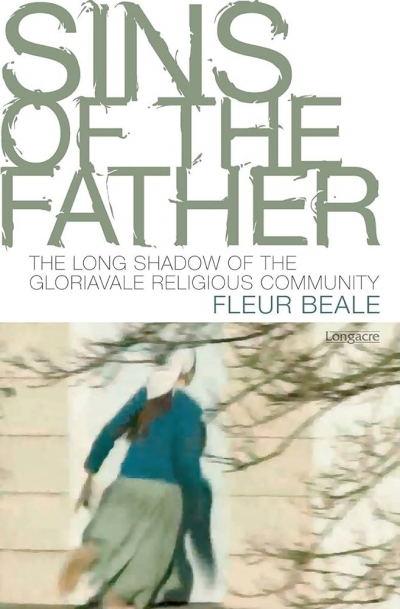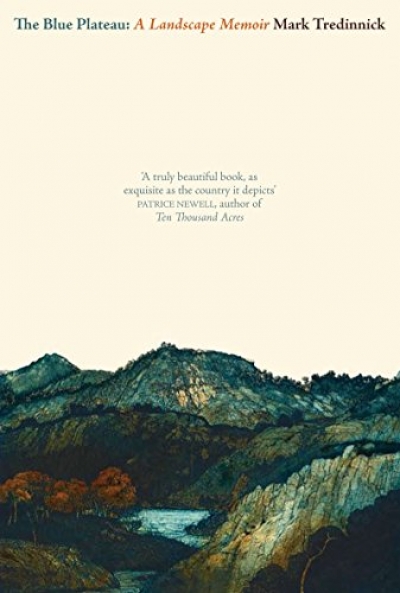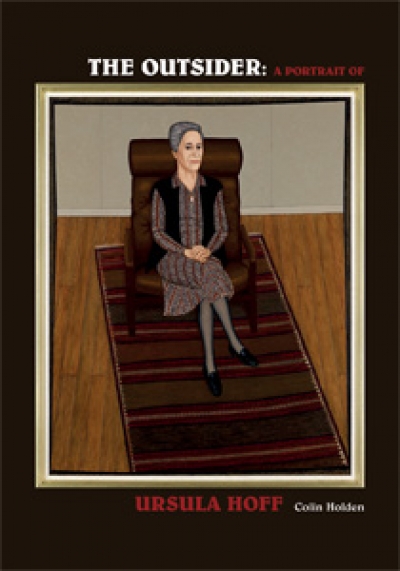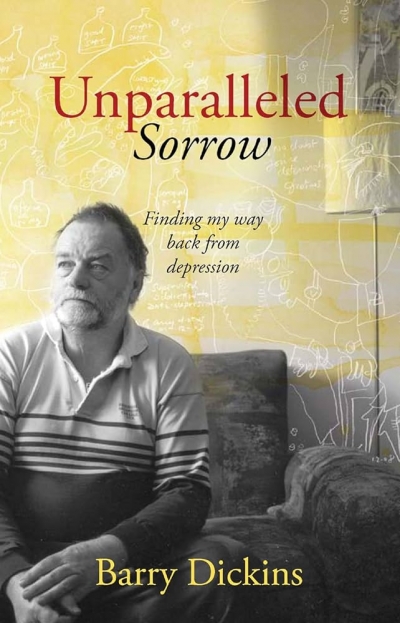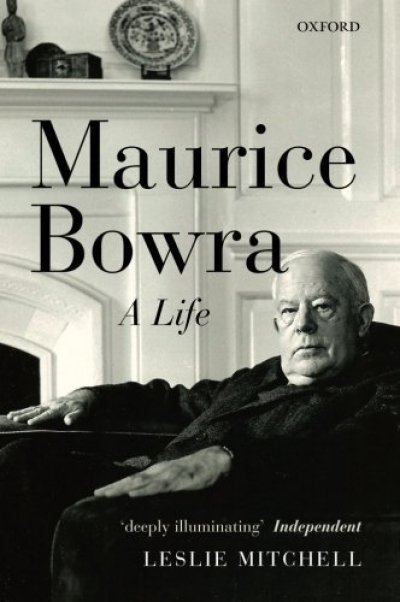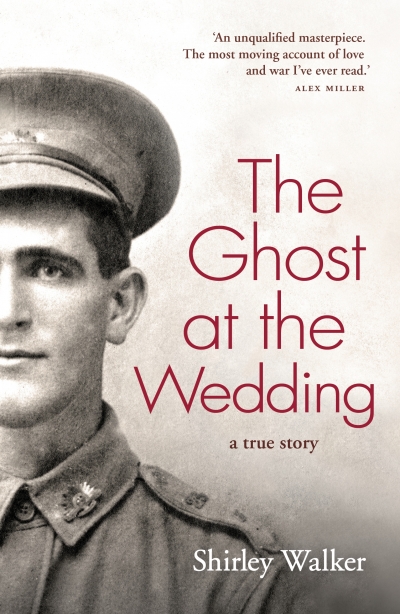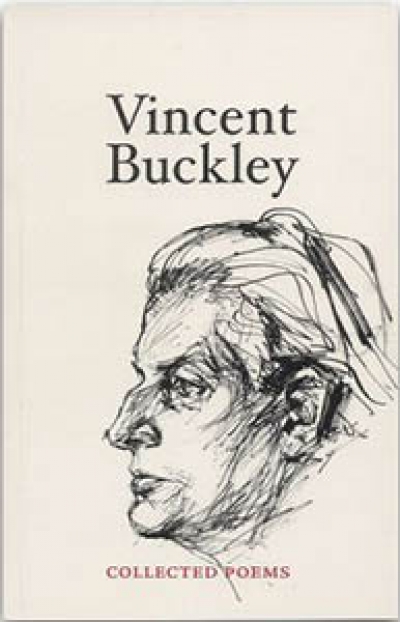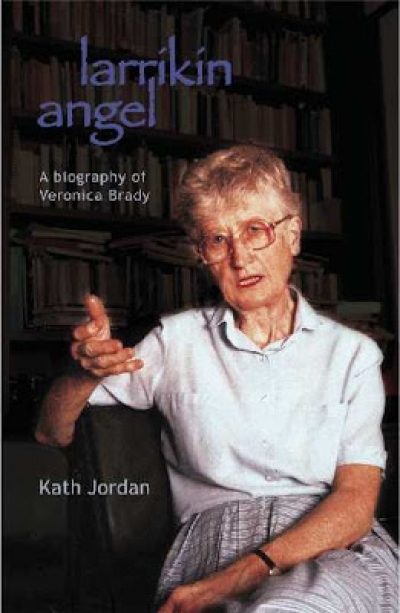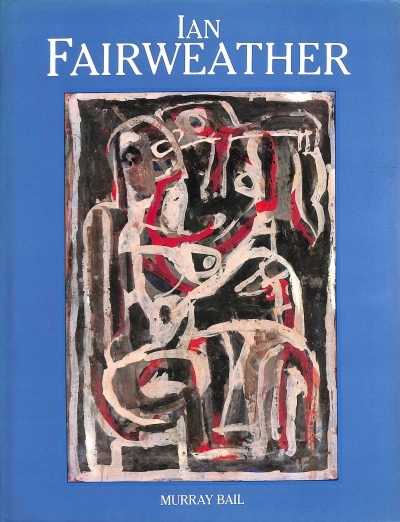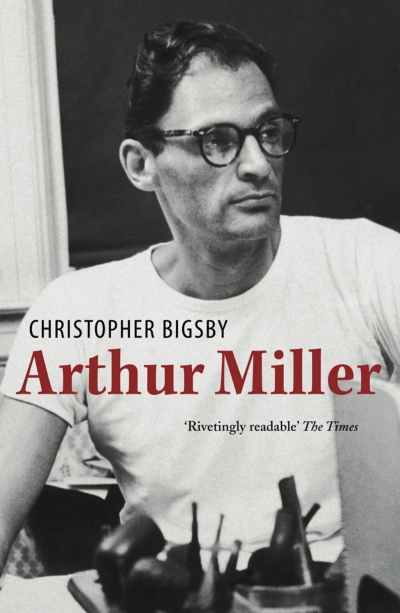Biography
Sins of the Father: The Long shadow of a religious cult by Fleur Beale
by Bill Metcalf •
The Outsider: A Portrait of Ursula Hoff by Colin Holden
by Jaynie Anderson •
Unparalleled Sorrow: Finding my way back from depression by Barry Dickins
by Michael McGirr •
The Ghost at the Wedding: A true story by Shirley Walker
by Brenda Niall •
Vincent Buckley edited by Chris Wallace-Crabbe & Journey Without Arrival by John McLaren
by Gregory Kratzmann •

